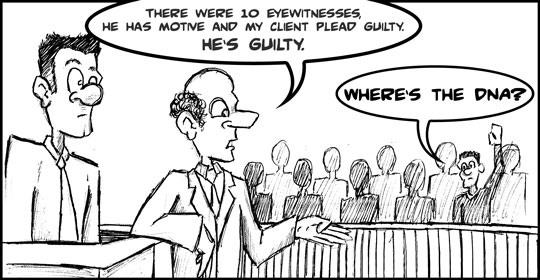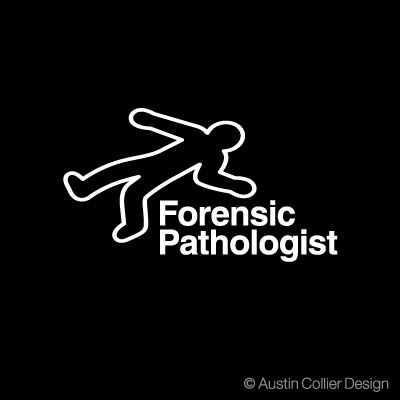On Tuesday, September 24th, the UT Tyler Honors Program hosted a lecture from Dr. Scott Kornman, MD, FCAP, titled “Forensic
Pathology 101” in the University Center Theater. Dr. Kornman is a Forensic Pathologist who
began his career for the US Air Force, and after working at several hospitals
and medical centers, he now works at the Diagnostic Clinic of Longview in
Longview, Texas. He is also the father
of current UT Tyler Honors student CJ Kornman, so he was more than happy to
speak with students about his profession and its intricacies.
Forensic pathology is a subset of pathology, or the study of
disease, that focuses on the determination of cause of death via corpse
examination. Primarily, the function of
a forensic pathologist is to determine the cause of death for a person, whether
that cause by simple or complex. Forensic
pathologists often perform autopsies on the recently deceased, often times for
criminal law cases or civil cases. They
also work identify the body of a deceased individual, which can often be very
tasking, dependent on the cause and manner of death of the individual.
 |
| An example of how the "CSI Effect" can affect jury deliberation over criminal and civil cases. |
This work is highly stylized to the public through
television shows such as CSI, Bones, Dexter, Law & Order, etc. However, according to Dr. Kornman, the
entertainment media dramatizes forensic science to an extreme degree, to the
point where it is nowhere near accurate to the actual field of study. Part of the issue lies in the coincidental
manner in which the detectives are able to solve cases, along with the
relatively short amount of time it takes to solve cases. He defended the “CSI effect,” which is the
misperception that is given to individuals about forensic pathology, leading
them to be interested in the field for the wrong reasons.
Dr. Kornman discussed a few of his cases that he has tackled
in the past, as well as methods utilized in his practice. A large amount of his cases revolved around
military events, such as training accidents, plane and automobile crashes, and
the like. Later in his career, the
majority of his cases involved civilian death ranging from natural, accidental,
homicide, and suicide.
This lecture was ripe with information, and the UT Tyler
Honors Program is very grateful that he took the time to share the intricacies
of his profession. We hope he returns in
the future to tell us more about forensic pathology!
Note- Be sure to check out the UT Tyler Honors Colloquium page for information about future events and lectures on campus!

No comments:
Post a Comment